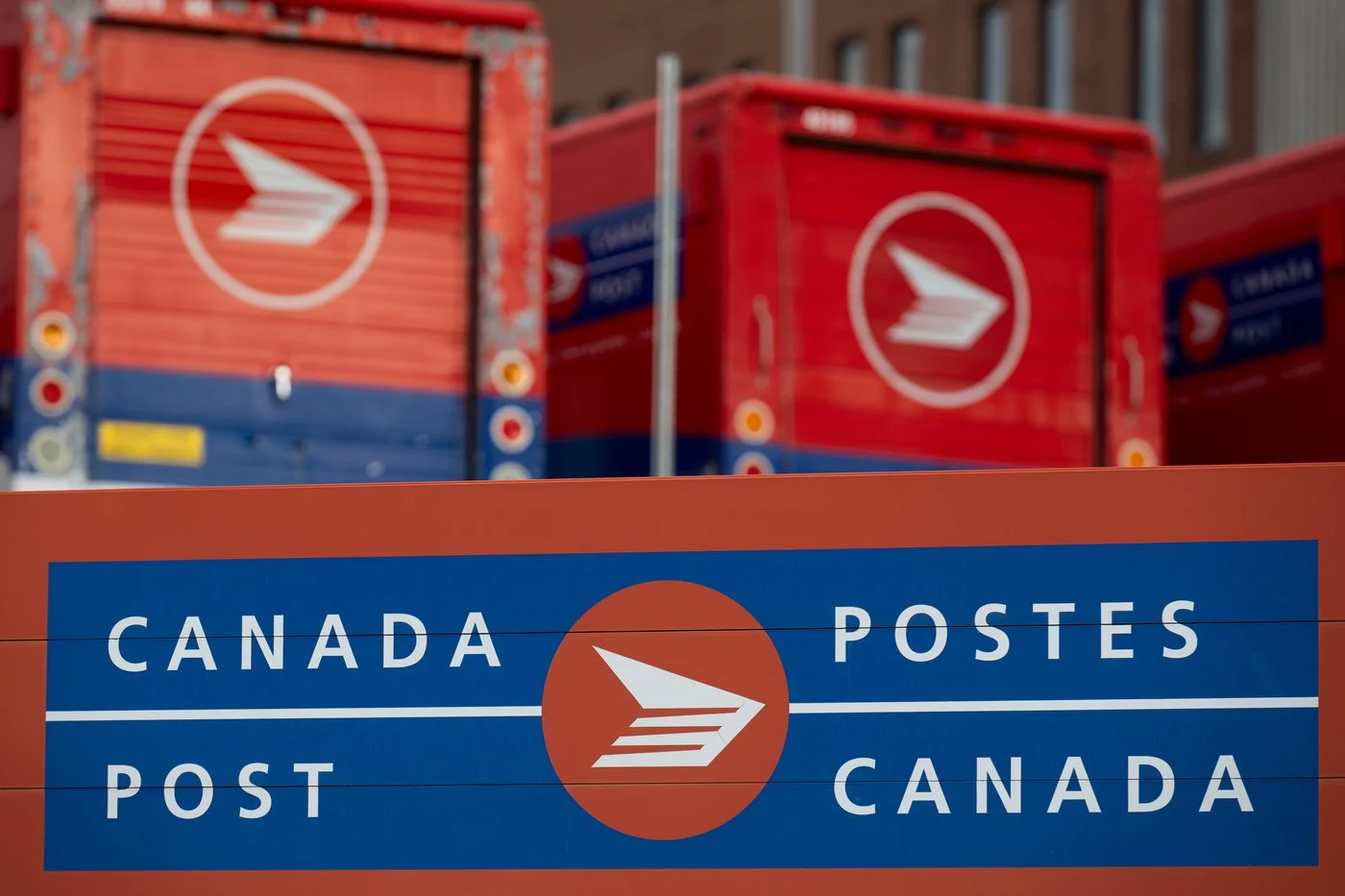Featured
article
- Get link
- X
- Other Apps
Postal Talks Resume Amid Ongoing Overtime Ban

Canada Post and the Canadian Union of Postal Workers (CUPW) are set to return to the bargaining table as an overtime ban continues to impact operations. The union, representing 55,000 postal workers, opted for the ban instead of a full strike, citing unresolved issues such as wages, part-time staffing, and weekend deliveries.
Canada Post has proposed further negotiations and is expected to respond to the union’s latest proposals presented on Sunday. The postal service has reported a significant drop in parcel volumes, with last week’s numbers down 50% compared to the previous year.
While the overtime ban remains in effect, both parties are working toward a resolution that balances worker demands with the financial realities of Canada Post. The outcome of these negotiations could shape the future of postal services across the country.
Popular Posts
Trump's Six Words: "I'm Going to Stop the Wars"
- Get link
- X
- Other Apps
Smart Savings for a Sharp School Start: Canadian Parents’ 2025 Guide
- Get link
- X
- Other Apps



Comments
Post a Comment